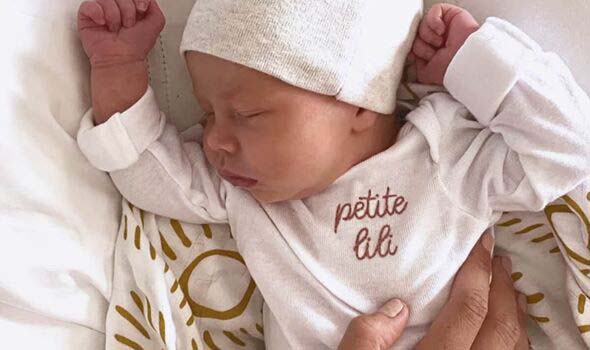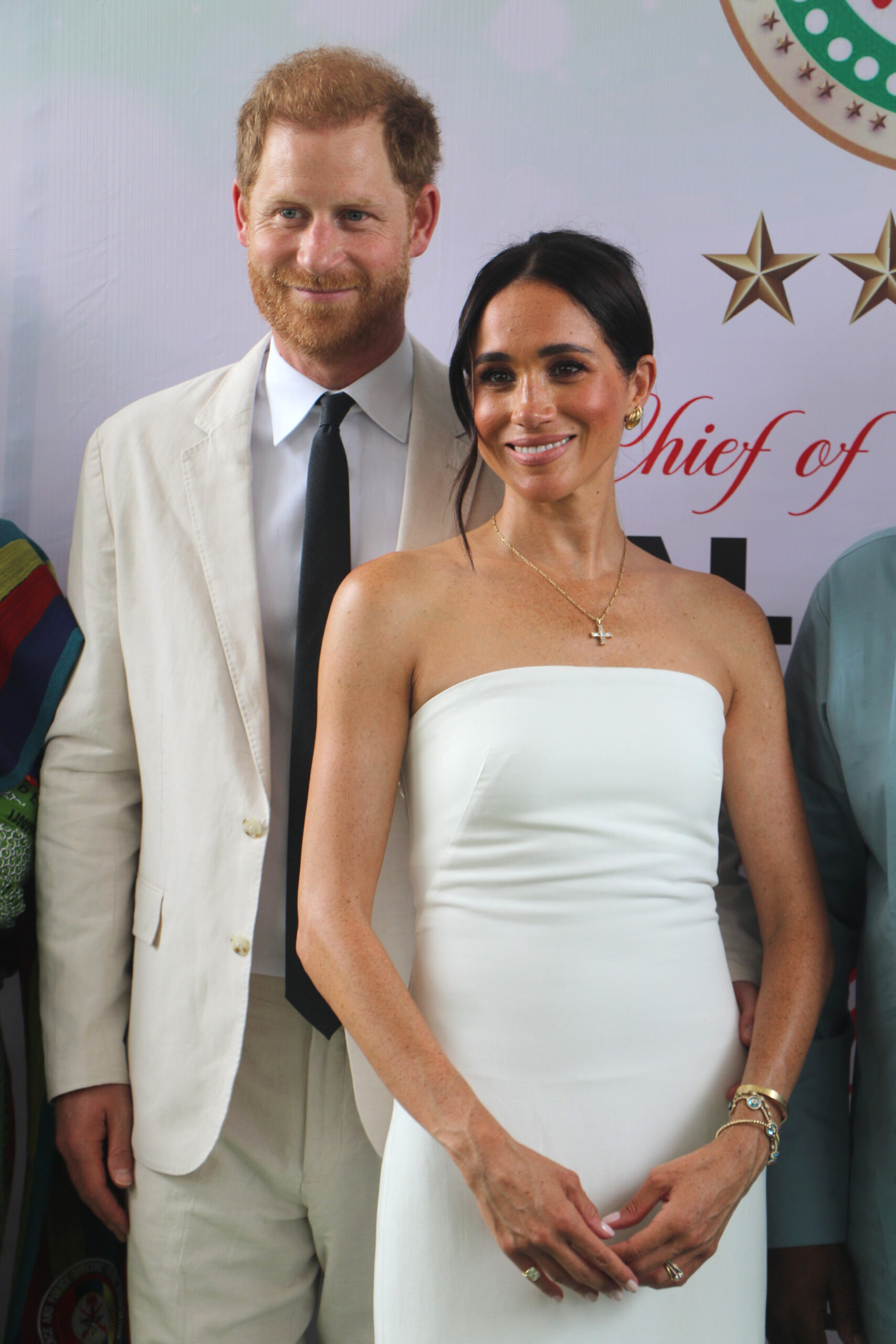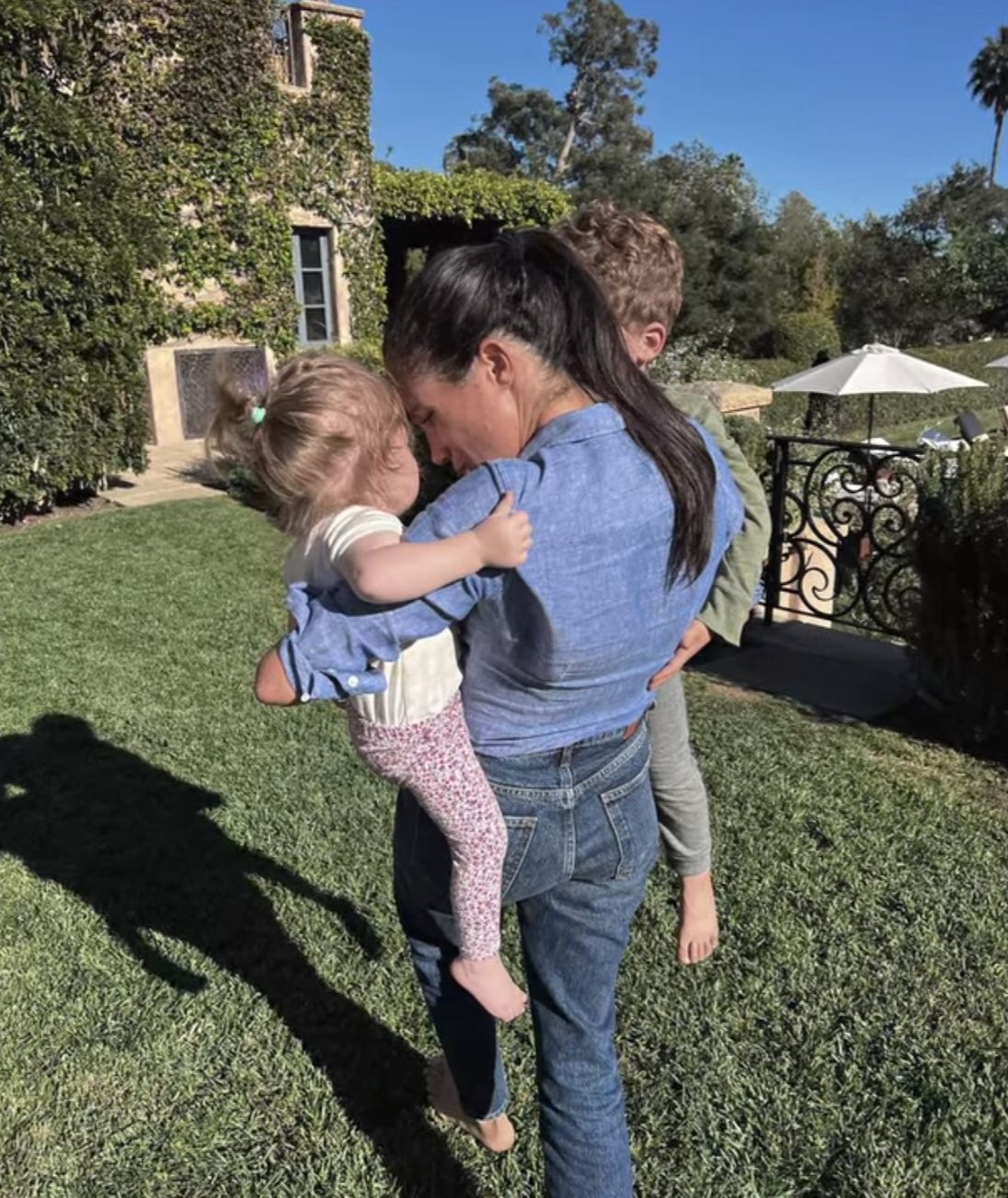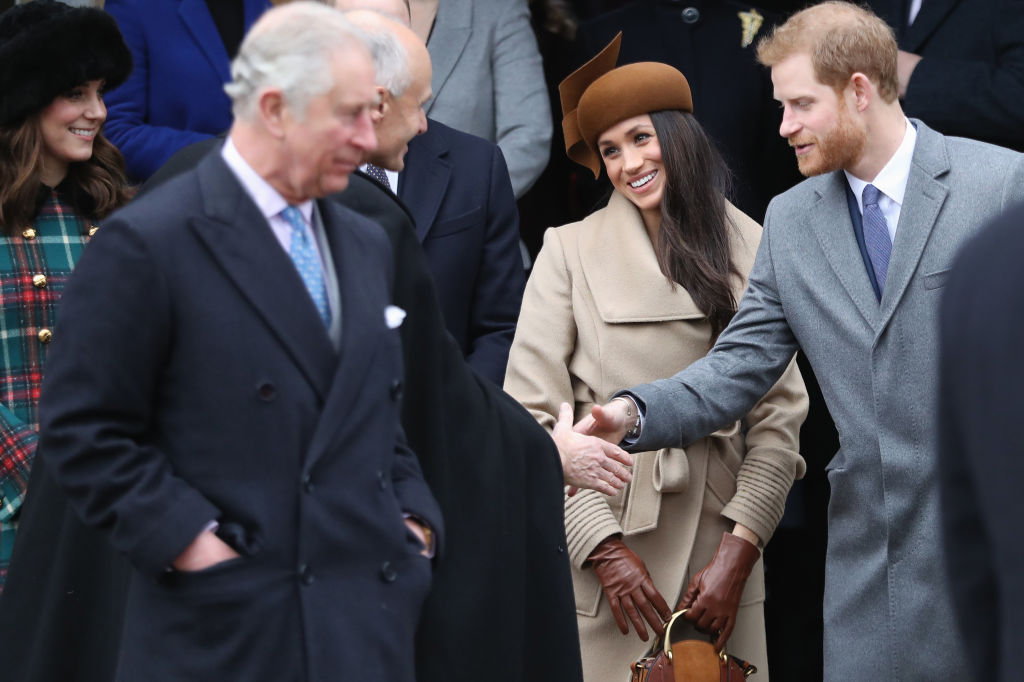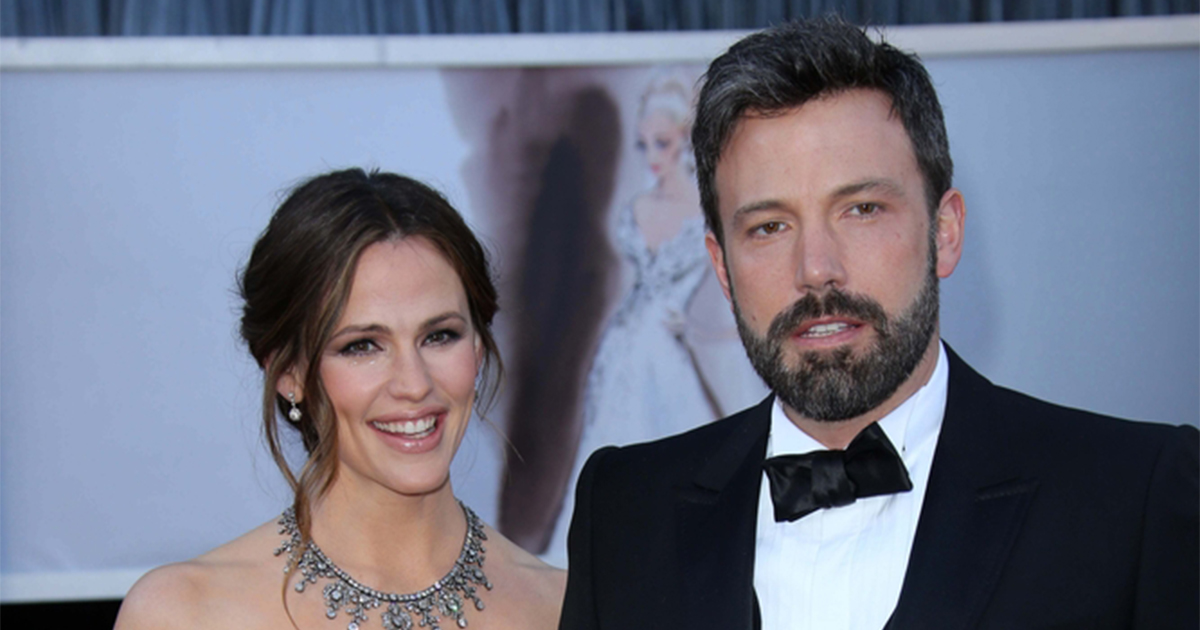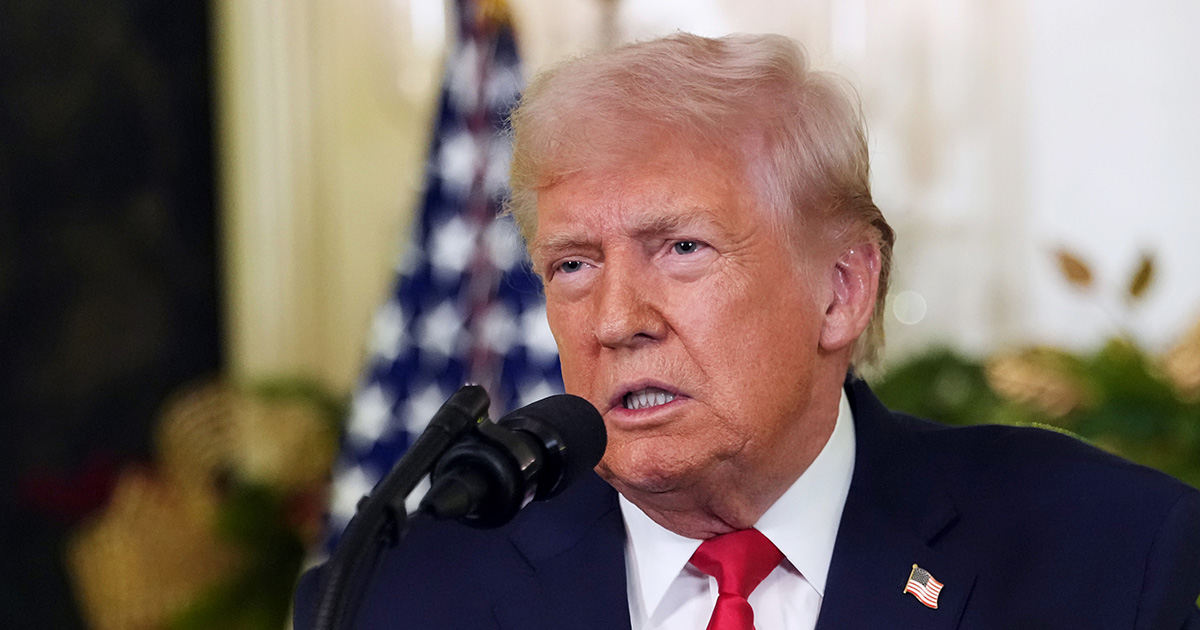Upon returning to the US from their four-day trip to Colombia, Prince Harry and Meghan Markle were reunited with their two children, Prince Archie and Princess Lilibet. Unfortunately, the children have been dragged into the newspapers for a disheartening reason. The young prince and princess have had little to no contact with the royal side of their family, raising questions about their future relationship. Their grandfather, King Charles, longs to meet his US-based grandchildren, and he might not be the only one.
Critics have accused Harry and Meghan of “trapping” their children by denying them a relationship with one half of their family. Despite their parents’ desire to distance themselves from the monarchy, Lilibet’s connections to the Royal Family go deeper than one might think. Named after her famous great-grandmother, the late Queen Elizabeth II, Lilibet’s christening and royal title reveal a heartbreaking detail.
When Lilibet was christened by the Archbishop of Los Angeles, the Rev. John Taylor, she received the title of Princess Lilibet Diana, while her brother, Archie, became Prince Archie. The christening took place privately at the Sussexes’ home in Montecito, California, with a small number of guests in attendance. The couple believes that their children’s titles are their “birthright” and a matter settled in alignment with Buckingham Palace.
However, not everyone is as enthusiastic about the children’s royal titles. Royal expert Angela Levin commented that the titles might burden Lilibet and impact her future. By giving her a princess title, Harry and Meghan have “glued her to the British Royal Family,” a establishment they have criticized for many years. Levin expressed concerns about Lilibet’s everyday life being more challenging due to the princess title.
Another royal expert, Tom Quinn, emphasized that Archie and Lilibet’s royal titles expose them further and may lead to teasing or bullying. Growing up in a society that contradicts the American Dream, where background doesn’t matter, the children may feel trapped. Quinn shared the example of King Charles, who faced bullying during his time at a prestigious boarding school. He questioned the value of titles in American society and the challenges the children might face.
The significance of Lilibet’s christening date adds another layer of heartbreak. It took place on March 8, which not only marks International Women’s Day but is also precisely six months after the death of Queen Elizabeth II. This choice of date shows the depth of connection Lilibet has to her great-grandmother.
Despite the attention they receive, Harry and Meghan are careful not to overexpose their children in the media. They refrain from sharing pictures of them online, highlighting their desire for a quieter life. During a speech, Meghan expressed her pride in Lilibet finding her voice at a young age and her commitment to being a role model for her.
While Meghan celebrates her daughter, royal expert Michael Cole shed light on the sad truth that Lilibet and Archie do not have a relationship with their grandfather, King Charles. Cole described it as a “great tragedy” that Lilibet has not met her grandfather or her maternal grandfather, Thomas Markle. He stressed the importance of reconciling within one’s own family before bridging divides with others.
The story of Prince Harry and Meghan Markle’s decision for Princess Lilibet’s christening is both heart-wrenching and thought-provoking. It highlights the complexities and challenges that come with royal titles and the impact they may have on young children.
